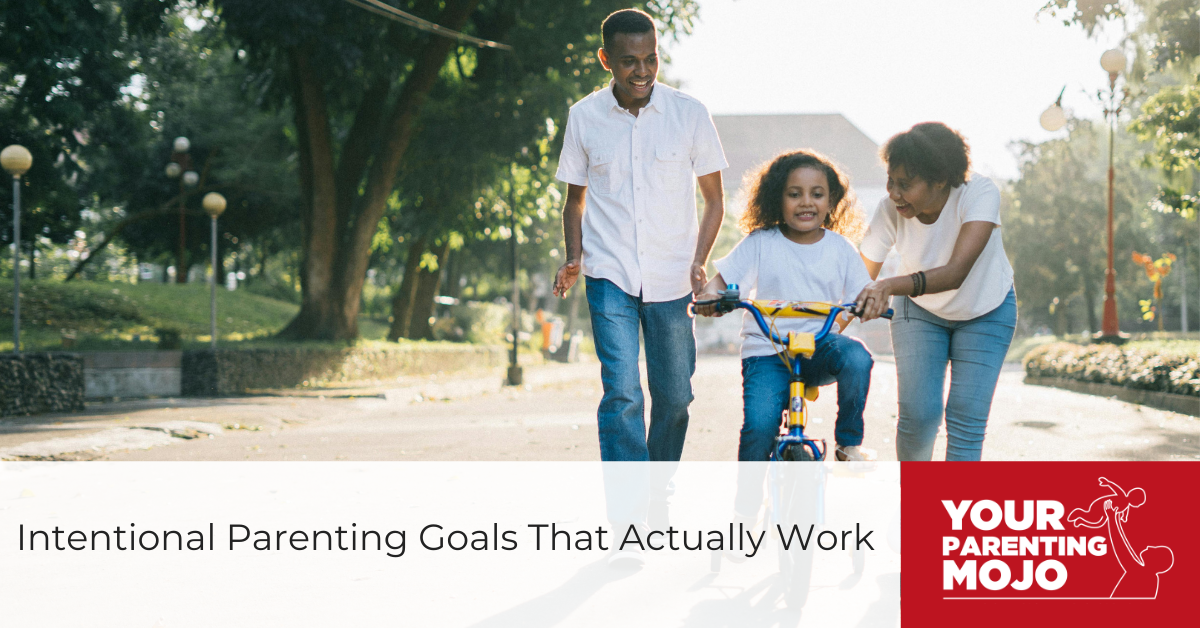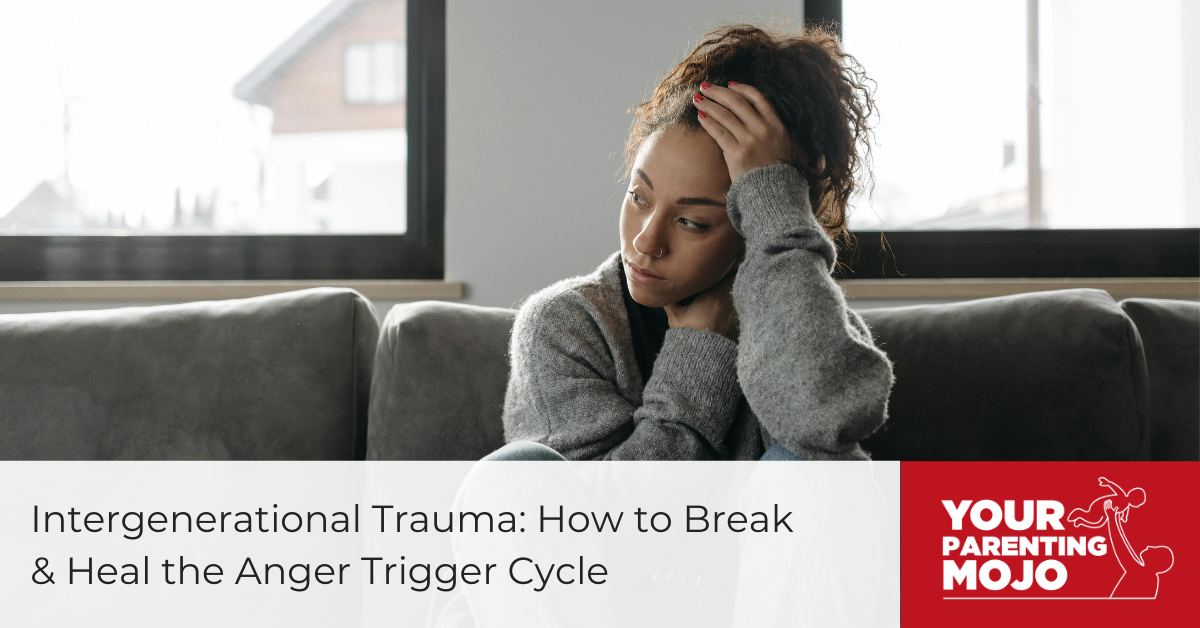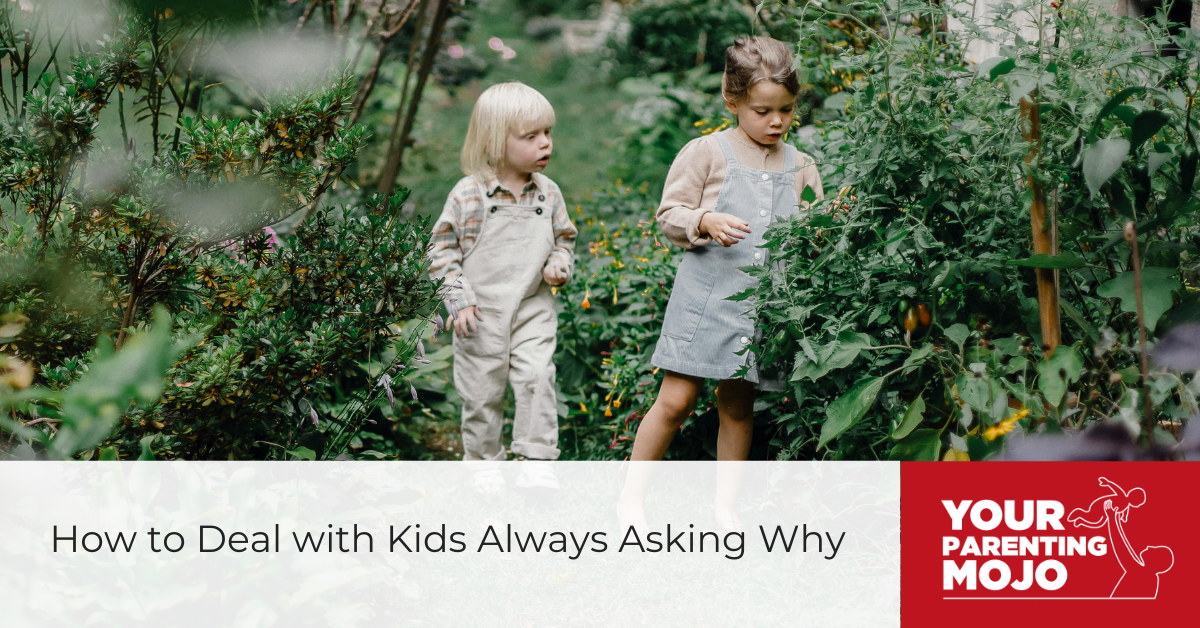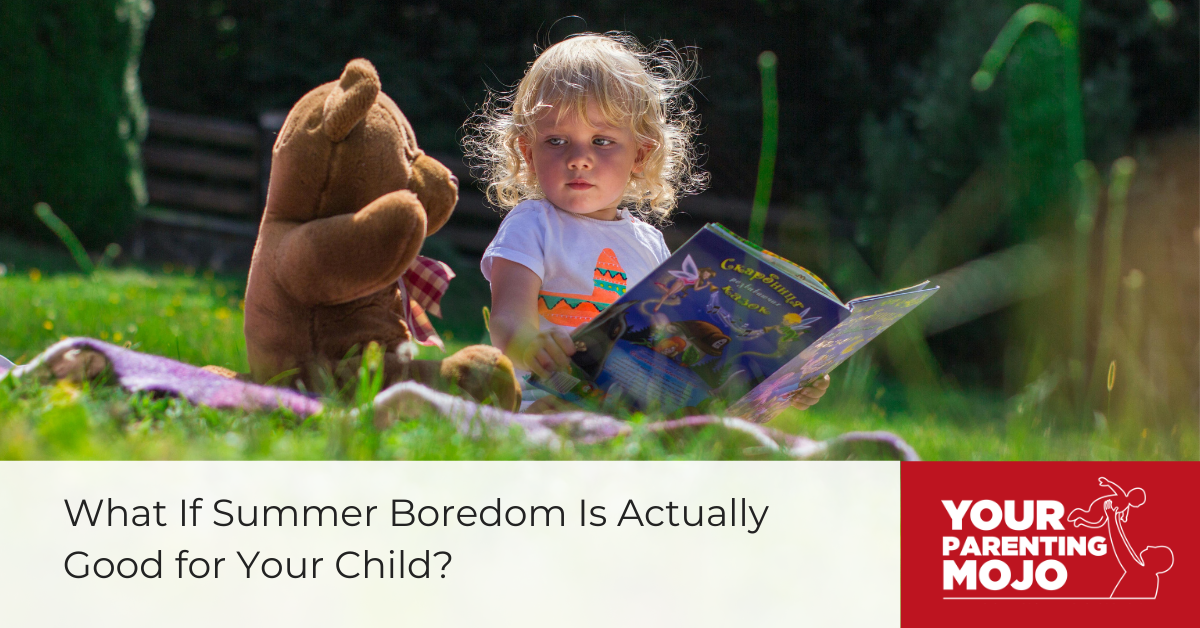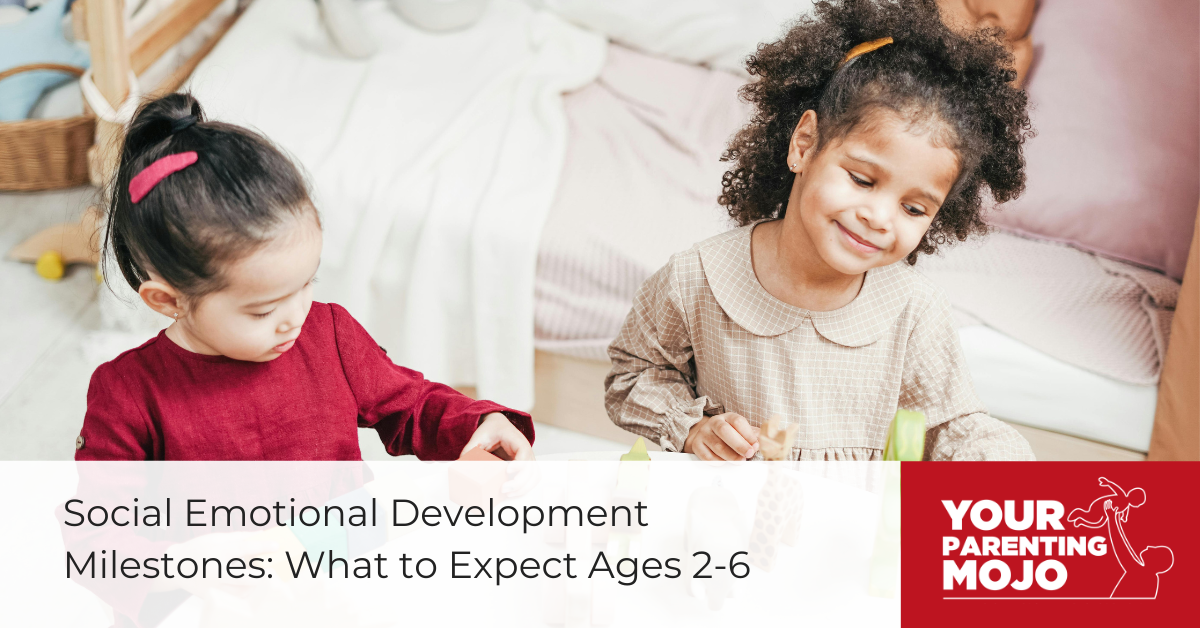Most parenting resolutions fail because they rely on willpower instead of addressing underlying needs. Learn how to create realistic goals that support your whole family’s wellbeing.
Read Full PostFamily holiday stress happens when your needs bump against theirs. Both are valid. Boundaries protect your capacity for real connection while taking care of yourself during gatherings.
Read Full PostMost parents understand respectful parenting but can’t implement it when they’re depleted. Learn why knowledge isn’t enough and what actually creates change in exhausting moments.
Read Full PostYour Halloween candy battles aren’t about sugar. They’re about unmet needs for autonomy and competence. Discover the steps to create agreements that actually work for everyone.
Read Full PostWhen My-Linh Le’s rage suddenly bubbled up during a phone call with her boyfriend, she realized with horror: “I’m just like my mother.” Trauma doesn’t just affect those who experience it directly – it ripples through generations, showing up in unexpected ways in our parenting.
Read Full PostYour child won’t need coding skills to thrive in an AI world. They’ll need creativity, critical thinking, and emotional intelligence. Discover why the best preparation for the future happens through everyday curiosity, not expensive tech camps.
Read Full Post

